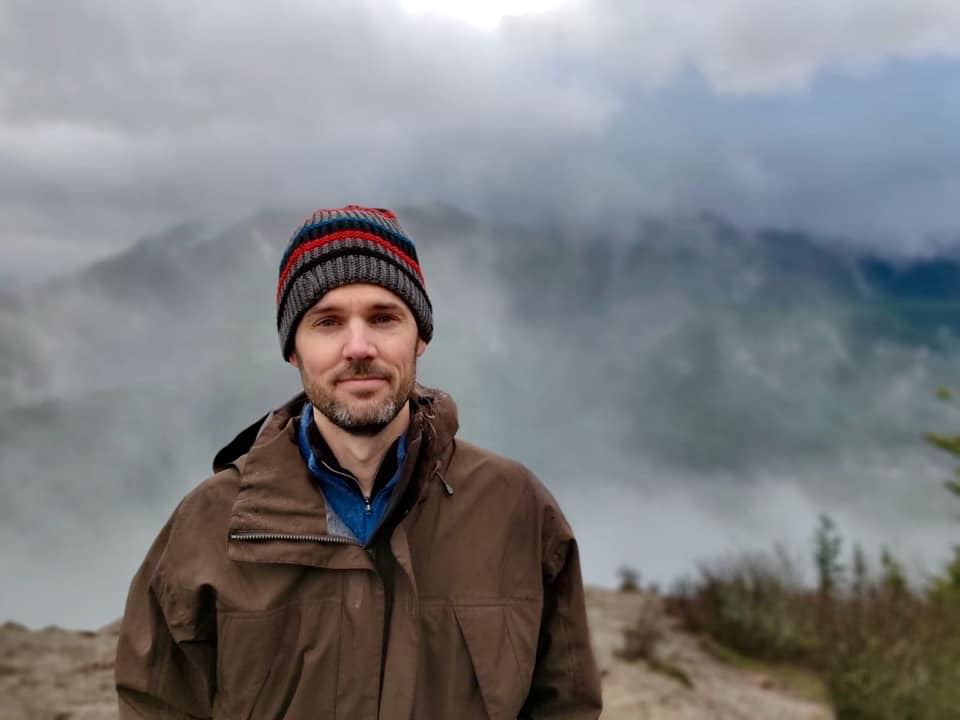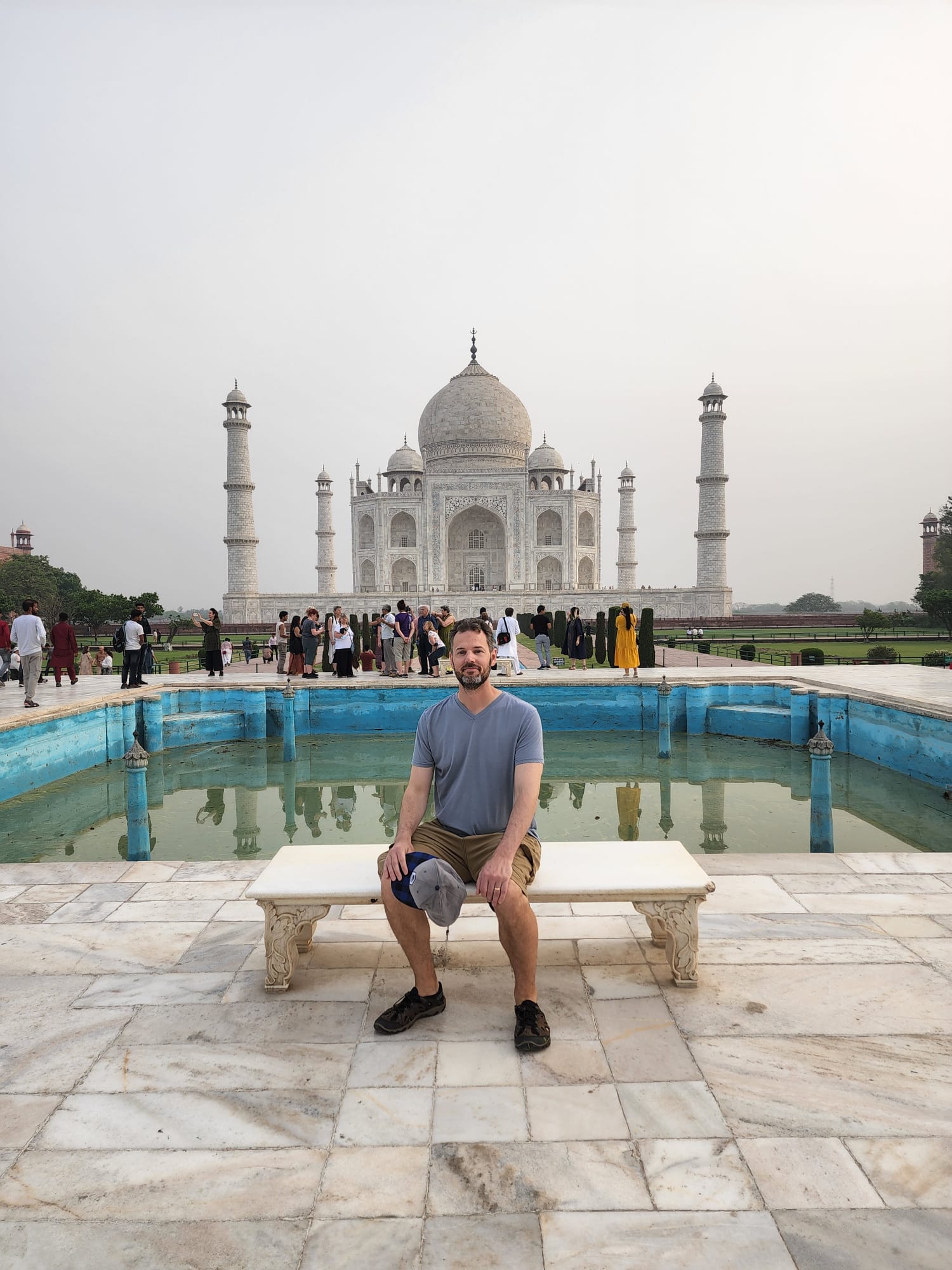Foster Leadership Faculty Spotlight – Christopher M. Barnes
Get to know Foster’s Professor of Management and Michael G. Foster Endowed Professor Christopher M. Barnes, who teaches the core MBA course Leading Teams and Organizations (LTO).

Please tell us a bit about your background.
I grew up in Tacoma, just an hour or so South of UW. Prior to my academic career, I spent 4 years as an officer in the US Air Force. Then after a few stops along the way, I settled in Seattle and at my dream job at UW. I met my wife Sarah here, and we have 3 boys (the oldest is 7, and the twins are 3). A few years after we were married, Sarah went through the Evening MBA program at Foster. So I have sort of seen Foster from both perspectives.
I guess my most impressive achievement is that I was the Cummings Scholarly Achievement Award winner in 2020. The Academy of Management is the primary professional body for management professors (~20,000 members globally). The Organizational Behavior division is the largest group (~6,000 members globally). Each year, only one mid-career scholar from the OB division wins this award based on the strength of their cumulative contributions to the research literature. That was me in 2020.
What excites you about your subject area and what are some of your research interests?
I teach Leading Teams and Organization, which draws primarily from the Organizational Behavior literature. My favorite topics are twofold: 1) the relationship between sleep and work, and 2) human sustainability, which is a broader topic which includes the topic of the relationship between sleep and work. I am the first business school professor to make sleep my primary research interest, and one of the first business school professors to make human sustainability one of my primary research interests.
Which factors influenced your decision to join UW Foster?
The students here are great, my faculty colleagues are great, and I love the area. I enjoy mountain biking, and occasionally ski. The Pacific Northwest is a wonderful place to live.
What do you find meaningful about your time thus far at Foster?
I find it quite meaningful to discuss leadership and human sustainability with students who will be quite influential as leaders over the course of their careers. My goal is to make sure that the future subordinates of these leaders have good work experiences.
How does your work align with Foster’s purpose of “bettering humanity”?
My teaching and research both emphasize human sustainability, which is one way to better humanity.
How have you worked to make your classroom/course curriculum inclusive?
We discuss DEI-related content to at least some degree in around 40% of my class sessions. I also selected my cases for diversity in the authors of the cases as well as the characters in the cases.
How do you maximize learning and keep students engaged?
My classes include a mixture of different ways to learn. This includes lectures, discussions, exercises, reflections, cases, simulations, and a group project. This not only keeps the class fresh, but also provides a variety of mechanisms. So pretty much everyone will have a learning mechanism that works well for them.
How has your research influenced the curriculum at other business schools?
I have broadly shared my content on the relationship between sleep and work. I know of at least a few other business school professors who use some version of that content.
How will students apply the knowledge and skills they gain in your classroom in their careers?
My content on leadership (and human sustainability as well) is content that students will appreciate more over time. As their careers progress, leadership becomes more central to their job, and their ability to succeed in their careers. In my class, we discuss what the science has to say about how to lead well.
Please tell us briefly about the structure of your course – what can students expect to master by the end of it?
My course has 4 main modules:
1: Developing Yourself – This module helps you capitalize on the experiences you have already had
2: Driving Change – This module is about making decision, engaging in innovation, and making both small and large scale changes
3: Working Collaboratively – This module is about motivation, diversity, inclusivity, and negotiations
4: Human Sustainability – This module is about managing high levels of performance in a manner which will not later produce a crash of some sort
What advice do you have for first year students to ace your course?
Do the readings before class, and come to every class.

